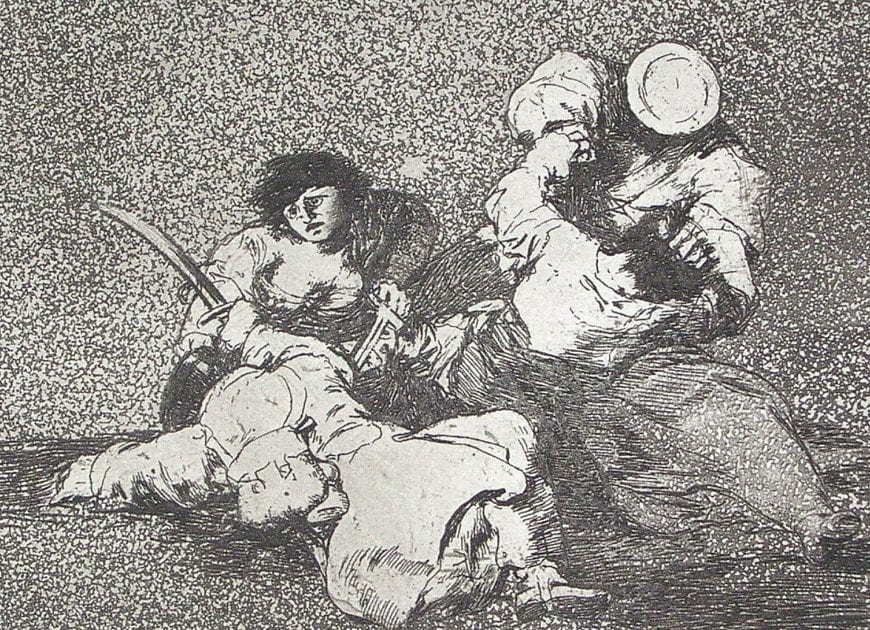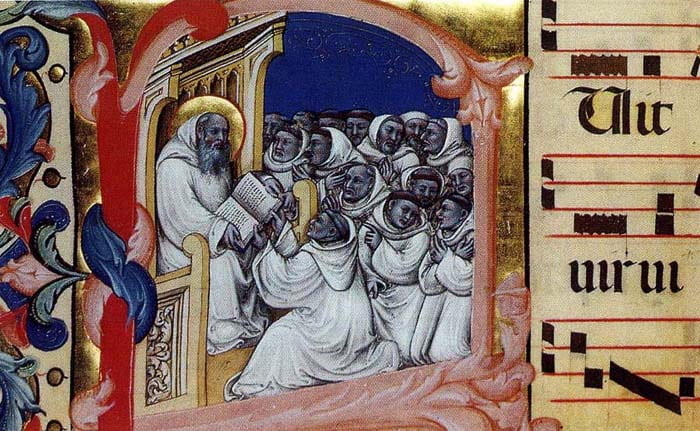The Passive Voice and Double Meanings in Daniel
One of the more vivid scenes in Daniel occurs when Nebuchednezzer prepares to throw the three young men into the flame. Though the actual burning turns out to be anticlimactic, the paragraph of preparation is rife with anticipation and evil depictions of the flames. Nebuchednezzer commands the oven to be heated, watches as the flames are slowly and cruelly stoked, and finally gathers everyone to watch the torture (263). The…





